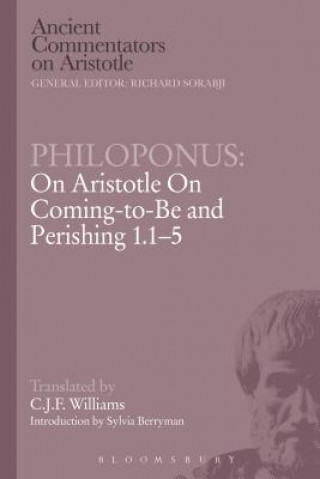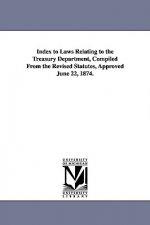
Dostava
Savjetnik za kupnju





Proizvod vam ne odgovara? Nema veze! Možete nam vratiti unutar 30 dana
 Poklon bon
u bilo kojoj vrijednosti
Poklon bon
u bilo kojoj vrijednosti
S poklon bonom ne možete pogriješiti. Za poklon bon primatelj može odabrati bilo što iz naše ponude.
Philoponus: On Aristotle On Coming-to-Be and Perishing 1.1-5
 Engleski
Engleski
 161 b
161 b
30 dana za povrat kupljenih proizvoda
Moglo bi vas zanimati i


The first five chapters of Aristotle's De Generatione et Corruptione distinguish creation and destruction from mere qualitative change and from growth. They include a fascinating debate about the atomists' analysis of creation and destruction as due to the rearrangement of indivisible atoms. Aristotle's rival belief in the infinite divisibility of matter is explained and defended against the atomists' powerful attack on infinite divisibility. But what inspired Philoponus most in his commentary is the topic of organic growth. How does it take place without ingested matter getting into the same place as the growing body? And how is personal identity preserved, if our matter is always in flux, and our form depends on our matter? If we do not depend on the persistence of matter why are we not immortal? Analogous problems of identity arise also for inanimate beings. Philoponus draws out a brief remark of Aristotle's to show that cause need not be like effect. For example, what makes something hard may be cold, not hard. This goes against a persistent philosophical prejudice, but Philoponus makes it plausible that Aristotle recognized this truth. These topics of identity over time and the principles of causation are still matters of intense discussion.
Informacije o knjizi
 Engleski
Engleski




 Kako kupovati
Kako kupovati


























